Plate Processing Company
What Metals Cannot Be Cut with HD Plasma Cutting Machines
What Metals Cannot Be Cut with HD Plasma Cutting Machines
HD plasma cutting machines can handle most cutting jobs, but there are some materials that just won't work. Let us break this down for you based on our experience as a local HD plasma cutting Houston workshop.
First, know how HD plasma cutting works:
HD plasma cutting works by creating a focused stream of superheated, ionized gas called plasma to cut through the electrically conductive material. That means if electricity can't flow through it, the machine can't cut it. It's that simple.

Non-Conductive Materials Are a No-Go
This is the biggest category of materials you can't touch with HD plasma cutting. Since the whole process depends on electricity flowing through the material, anything that doesn't conduct electricity is out of the question.
Here's what definitely won't work:
- Wood (obviously)
- Glass
- Concrete
- Any type of plastic
- Ceramic materials
- Rubber
HD plasma cutting machine just isn't the right tool for the job of cutting non-electrically-conductive materials.
Metals That Conduct Electricity but Not Well Enough
Even though we're talking about metals, not all of them conduct electricity well enough for clean plasma cutting. Some metals are just too resistant to electrical flow, which makes it hard to get a good arc going.
The metals you cannot cut using HD plasma cutting machine include:
- Lead - too soft and doesn't conduct well
- Tin - similar issues as lead
- Tungsten - extremely hard and poor conductor
- Manganese - just doesn't work well with plasma
- Bismuth - rarely see this one, but it's problematic
These metals might technically be cuttable in some cases, but the results are usually pretty poor, and it's not worth the hassle.
Coated and Painted Materials Also Create Problems
When someone brings in HD plasma cutting jobs with coated materials, we have to have a conversation about what's going to happen.
Galvanized steel is the big one here. The zinc coating interferes with the cutting process and creates some nasty fumes that aren't safe to breathe. If you still want to cut it, it requires special ventilation and the cut quality isn't great.
Powder-coated metals have similar issues. The coating burns off during cutting, which creates smoke and can leave a messy edge. Plus, you're basically ruining the coating anyway.
Paint is another problem. It burns off, creates fumes, and can cause uneven cuts where the paint thickness varies.
Highly Reflective Metals Are Tricky
Copper and brass look like they should be easy to cut, but they're also challenging. These metals are so shiny and reflective that they can bounce the plasma arc around, making it hard to get a clean, precise cut.
Even if you do, the results aren't as good as what you'd get with steel or aluminum. The cuts tend to be rougher and less precise.
Thickness Limitations
HD plasma cutting job can handle materials up to 2 inches thick, which covers most jobs that come through the door. Plasma works best for mid-thickness stuff, but when you get into the really heavy plates, other tools might give you cleaner edges and faster cutting speeds.
The Heat-Affected Zone Issue
One thing people don't always think about is what happens to the metal around the cut. Plasma cutting creates heat, and that heat can change the properties of the metal near the edge - we call this the heat-affected zone.
This is especially noticeable in thinner materials, where the heat can cause warping or create weaker spots. It's not that you can't cut these materials, but you need to know what you're getting into.
What About Exotic Alloys?
There are tons of specialty metals and rare alloys out there that just don't work well with plasma cutting. Things like certain aerospace alloys, some medical-grade materials, and exotic metals used in specialized industries.
These materials often have properties that make them resistant to plasma cutting - either they don't conduct electricity well, they have coatings or treatments that interfere, or they're just too specialized.
The bottom line is that HD plasma cutting Houston shops can handle most common metals really well – mild steel, stainless steel, carbon steel, aluminum, and similar materials. But knowing what won't work saves everyone time and frustration.
If you're not sure about your material, it's always worth asking before you bring it in for HD plasma cutting job.


